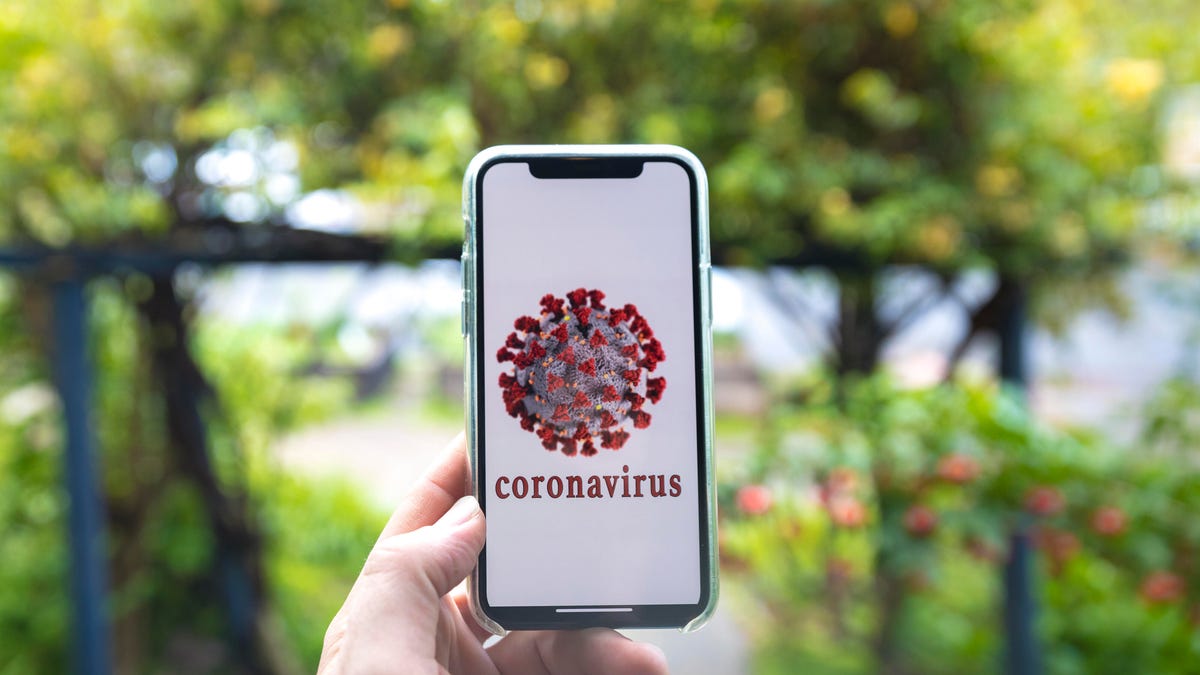Local governments warm to MIT coronavirus-tracking app
The app is designed to let people discover if they've crossed paths with someone who's been infected with COVID-19.

State and local governments are evaluating an MIT location-tracing app to help fight the coronavirus pandemic, an MIT researcher leading the app effort said Friday.
"We have lots of pilots going on and lots of discussions," said Ramesh Raskar, an assistant professor at the Massachusetts Institute of Technology who's involved in creating the app, called Private Kit SafePaths. "There are many jurisdictions working with us and shaping what this solution should be like."
The app keeps a record of where you've been using a smartphone's GPS location technology. If a person tests positive for COVID-19, the disease caused by the coronavirus, a health care provider can scrub the location record of private data then upload it so others can check if they've crossed paths. The SafePaths team is working on adding encryption technology called hashing designed to build in better privacy and make the process easier on health care workers, Raskar said.
Digital apps have the potential to transform the technology of contact tracing, which lets authorities find out where a disease came from, where it's heading next and other useful epidemiological information. It's typically a manual process, but apps could automate it so it works at scale. On Friday, Google and Apple announced they'll build COVID-19 contact tracing into their smartphone software.
Privacy concerns and practical difficulties promoting the apps could hamper their adoption and efficacy, though.
The developers of SafePaths are also working with MIT researchers and colleagues at other universities who are developing a technique called PACT that's designed to trace COVID-19 contacts without gathering location data. Like the Apple and Google approach, PACT uses Bluetooth to find out who's been near whom.
The PACT and SafePaths teams are collaborating to build PACT abilities into SafePaths.
PACT works by broadcasting digital IDs over Bluetooth and recording digital IDs from other phones . The digital IDs change frequently -- as often as once each minute -- but people who test positive can upload their history of IDs to a database once health care authorities give the app approval. Then others with the app can check the database to see if they've been near infected people.

